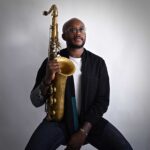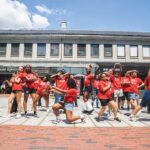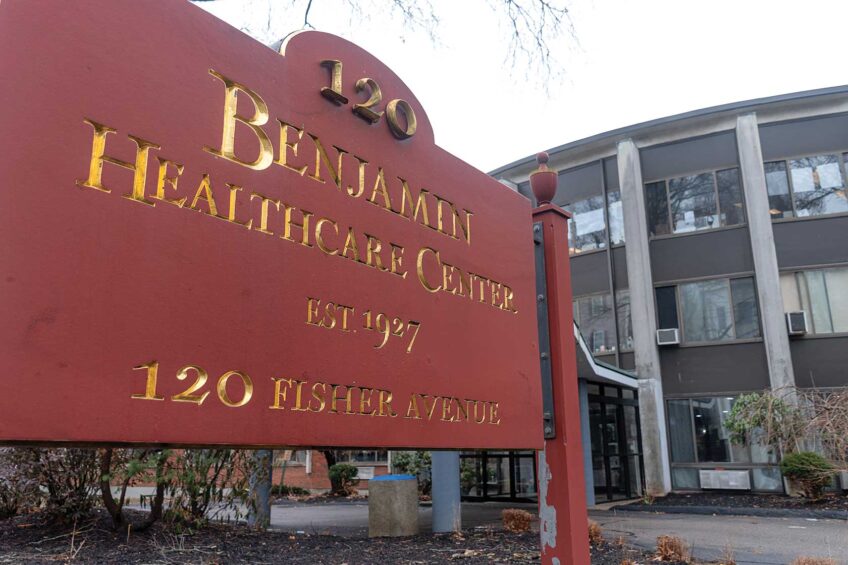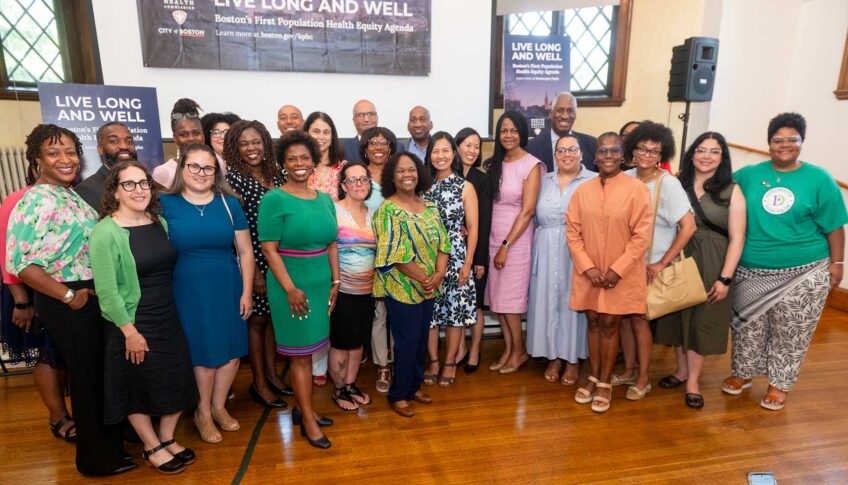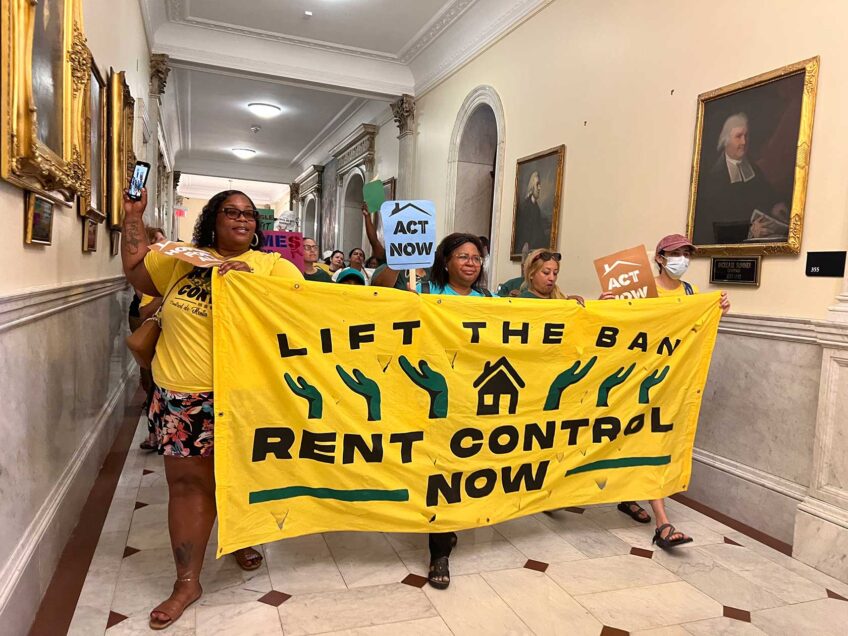
More than 40 years after grabbing the world’s attention with a silent, poignant show of civil rights solidarity, Tommie Smith and John Carlos were honored for their courageous actions during a Boston gala last Wednesday.
Held at the Joseph B. Martin Conference Center at Harvard Medical School, the 14th annual True Heroes of Sport Awards event — hosted by Sport in Society, a center at Northeastern University — celebrated Smith, Carlos and other individuals who have used sports to combat social injustice.
Smith and Carlos were inducted into the Sport in Society Hall of Fame for their legendary protest during the 1968 Summer Olympic Games in Mexico City. After the 200-meter dash, in which Smith took gold and Carlos took bronze, the two American sprinters ascended the medal podium for the playing of the “Star-Spangled Banner.”
Wearing black socks and no shoes, reportedly to represent black poverty in the United States, they each bowed their heads and held a gloved fist in the air, a “Black Power salute” that reverberated throughout the world. (Asked what was going through his mind at the time, Smith said he recalled thinking that “it was the longest National Anthem ever.”)
With their induction, Smith and Carlos join the likes of African American tennis pioneers Althea Gibson and Arthur Ashe, and world boxing heavyweight champion Muhammad Ali, in the Sport in Society Hall of Fame.
The timing of the gala — which came one day after the historic inauguration of Barack Obama — was not lost on the honorees. Smith and Carlos said they were honored to be recognized for their “small part” in a movement that would eventually lead to the election of the first black president.
“You can run and have fun, but you can also be a model,” said Carlos during his acceptance speech.
Smith explained that it was not he and Carlos alone, but the larger group called the Olympic Project for Human Rights that spearheaded the gloved fist action as a means of protesting segregation, discrimination and human rights violations, both in the U.S. and abroad. He said he was proud to be a part of that moment.
“[We] wanted to make it clear that change was necessary,” said Smith.
Though he and Carlos have been feted in recent years for taking such a bold stance on such a big stage, Smith noted that the recognition they received had not always been so positive.
“At the time, I didn’t understand why people were upset,” said USA Track and Field President Stephanie Hightower, who thanked Smith and Carlos during her introduction for their “selfless” actions that “helped further the civil rights movement.”
“It wasn’t until my college career that it hit me in terms of the amount of sacrifice Tommie and John made,” she said.
The awards gala also recognized local heroes in sports. The Lenny Zakim New England Hero Award was presented to Greg Zaff, founder of SquashBusters, a Roxbury-based sports and academic program that uses squash to encourage urban youth and introduce them to community service. Kathy Delaney-Smith, head coach of the Harvard University women’s basketball team, received the Selma Black New England Hero Award for her contributions to empowering young women.
The Dick Schaap Excellence in Sports Journalism Award in print journalism was presented to Paul Fain and Brad Wolverton, both writers for the Chronicle of Higher Education, for their story on the role that boosters play in college sports and recruitment. The Schaap award for broadcast journalism went to Bryant Gumbel, host of HBO’s “Real Sports with Bryant Gumbel,” for the program’s history of journalistic excellence.
Jessica Murray, a senior at Weymouth High School, received the Kevin W. Fitzgerald Giving Back Award for her work in and with the Mentor in Violence Prevention Program, an initiative run by Sport in Society intended to motivate both men and women to play a role in solving problems historically deemed “women’s issues,” such as rape and sexual assault.
Bernard Johnson, a Dorchester resident and president of the Dorchester/Roxbury Little League has been attending the awards gala for 11 years, and called it “a phenomenal program.”
“It continues to inspire me to coach kids and continue to do work in our community because you never know the impact you will have,” he said.

